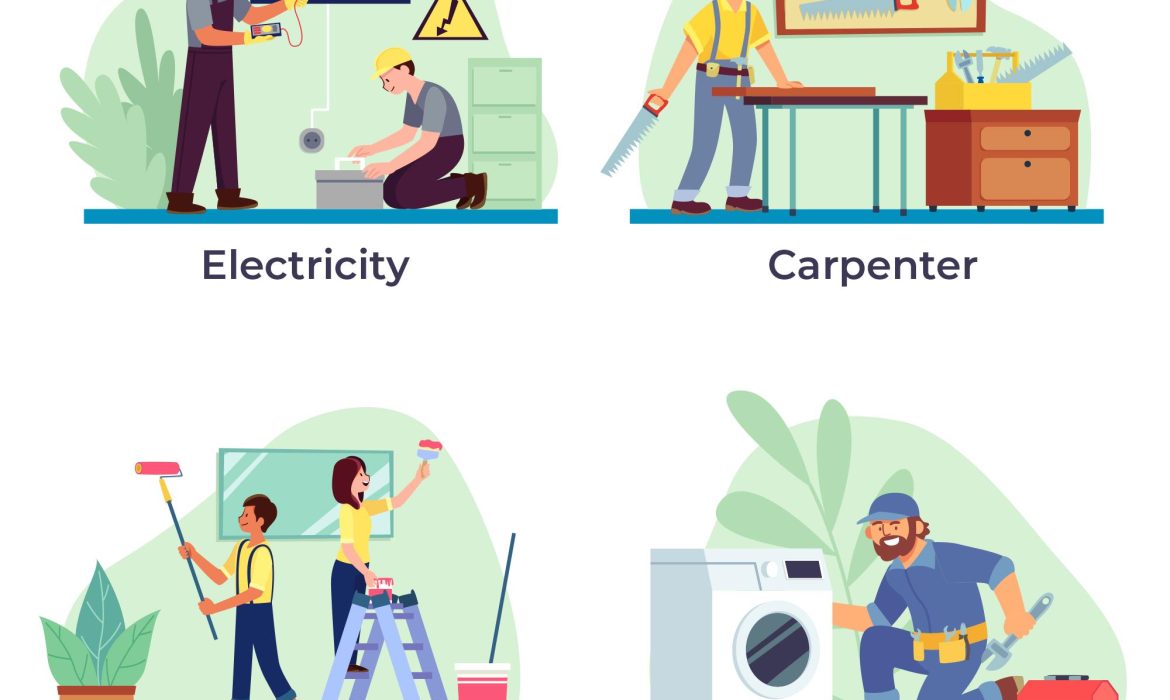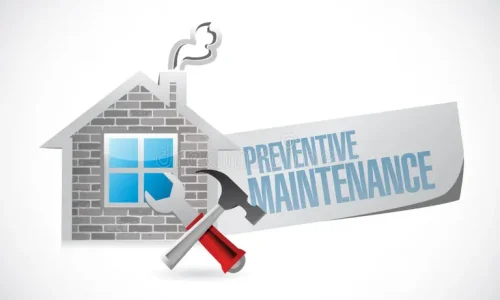In today’s fast-paced world, when technology changes quickly and organizations struggle to remain competitive, preventive maintenance services are frequently disregarded. Regular maintenance is essential for industrial equipment, cars, and even household appliances to ensure their longevity and best operation. Let’s look at why preventive maintenance services, as recommended by professionals like Jinnie, are so important.
Maximizing Equipment Lifespan
One of the fundamental reasons for investing in preventative maintenance is to increase the life of the equipment. Regular inspections and servicing can help discover potential problems early on. Addressing these concerns as soon as possible prevents them from progressing into serious difficulties, which could result in expensive repairs or even premature replacements.
Reducing downtime
Downtime can be a major worry for enterprises, causing delays in operations and resulting in financial losses. Preventive maintenance reduces downtime by proactively resolving issues before they cause equipment faults. Scheduled maintenance sessions can be scheduled at off-peak hours, reducing the impact on production.
Enhancing Safety
Safety is critical in any workplace, whether it’s a manufacturing plant, a construction site, or an office building. Regular maintenance helps detect and correct safety issues, lowering the likelihood of accidents and injuries. This is especially important in businesses where personnel operate machinery and equipment, emphasizing the value of preventive maintenance as a safety precaution.
Optimizing Performance
Well-maintained equipment runs at peak efficiency, resulting in optimal performance and productivity. Cleaning, lubrication, calibration, and inspections are examples of preventive maintenance services that help keep equipment in good working order. This not only increases output but also lowers energy usage and operational expenses.
Cost Savings
While some may consider preventive maintenance to be an additional expense, it results in significant long-term cost savings. Businesses can save money on repairs and replacements by addressing small concerns early on. Furthermore, improved equipment performance leads to lower energy bills and downtime-related losses, making preventive maintenance an excellent investment.
Compliance and Regulations
Many sectors are subject to rules and compliance standards governing equipment maintenance and safety. Adhering to these standards not only assures legal compliance but also develops a responsible and professional culture inside the organization. Preventive maintenance enables organizations to remain in compliance with industry laws, avoiding penalties and reputational damage.
Improved Asset Management
Effective asset management is critical for firms that have made significant investments in machinery and equipment. Preventive maintenance programs improve asset tracking and management by collecting maintenance histories, performance measurements, and lifecycle assessments. This data-driven method enables more informed decisions about repairs, upgrades, and replacements.
Peace of mind
Finally, investing in preventive maintenance services provides peace of mind for business owners, facility managers, and homeowners. Knowing that equipment is constantly examined, serviced, and maintained instills trust in its dependability and lifespan. This peace of mind allows for a better focus on key company tasks or a more comfortable living environment without the constant fear of unexpected malfunctions.
In conclusion, preventive maintenance services are not just a luxury but a necessity in today’s dynamic and competitive landscape. Whether it’s about maximizing equipment lifespan, reducing downtime, enhancing safety, or achieving cost savings, the benefits are clear and compelling. Embracing preventive maintenance practices is a proactive step toward operational efficiency, sustainability, and overall business success.
Jinnie’s advocacy for preventive maintenance services is not only timely but also rooted in the fundamental principles of responsible asset management and operational excellence. By prioritizing maintenance today, businesses and individuals pave the way for a more resilient and sustainable future.





